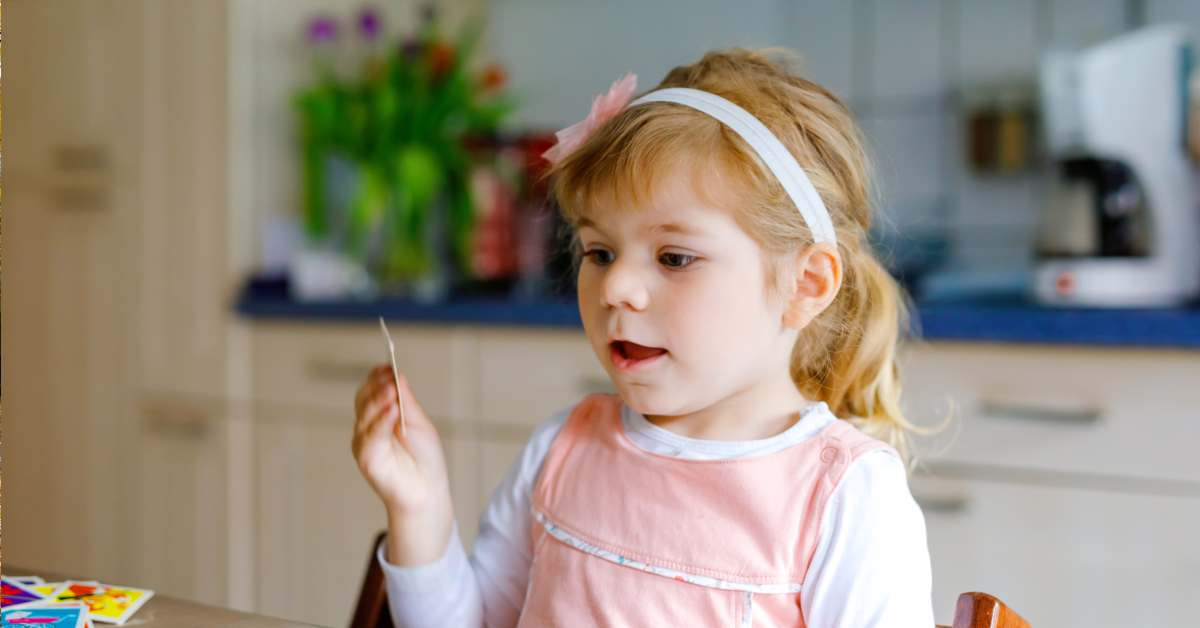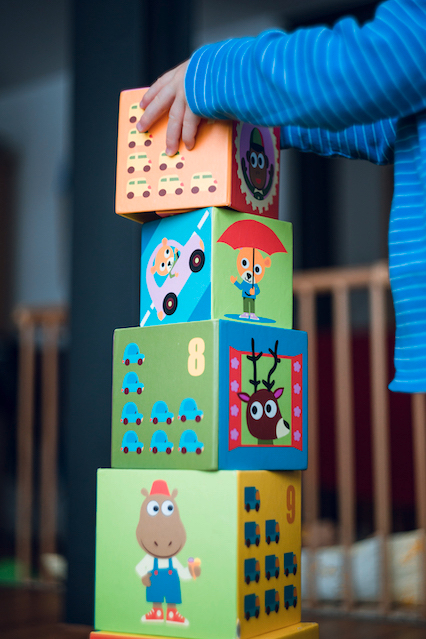Now, we can see why it’s really difficult to reason with a two-year-old. But it’s also important to say that these tantrums and frustrating behaviors may come before or after the age of 2. Some behaviors may include hitting, biting, and throwing things. So what is there to do?
1. Respect the nap. Kids get tired and they need rest. It’s better to do activities before or after their nap time. At Vonkids, we are flexible with each little one’s needs, like nap time. Our directors make sure they time the most fun and important activities for when the little ones are well rested and happy, usually first thing in the morning.
2. Stick to a schedule with meals. Kids love their schedules as it provides them with a sense of safety. They are afraid of the unknown so it’s only natural that they get anxious or fussy when they don’t have a schedule and don’t know what comes next, especially when their little tummies are expecting food. So, if you are planning a trip, make sure to bring healthy snacks with you. At Vonkids, we make sure to stick to our meal schedule with our healthy meals, including the morning snack and the afternoon snack. This avoids kids getting hangry and will make their time and education more enjoyable.
3. Talk to your child about potential triggers ahead of time. For example, let he or she know they are not allowed to have a candy bar, but if they are good at the store they can have a treat afterward, or at a party if they fight, there will be consequences which may include leaving the party.
4. Commit to the same strategies for a certain period of time. When you do different things at different times, children learn to manipulate the situation and it’s more likely you’ll give in, which will only make things harder on you the next time you go out with your child. Being firm is the best you can do for yourself and your little one. At Vonkids, we use positive reinforcement, so if someone is having a big tantrum, we calm them and once they settle down, we explain the situation, making it a learning opportunity for us and the little one.
5. Keep them active. Distraction sometimes is a great way of avoiding tantrums, as long as children are entertained and occupied, it’s less likely they will throw a tantrum.
6. Try to be consistent and calm. Take deep breaths, stay calm, and try not to give in or overreact. It is a good idea to remind yourself, “This too shall pass.” A quick explanation after your child has calmed, along with a big hug, will make everyone feel better.



